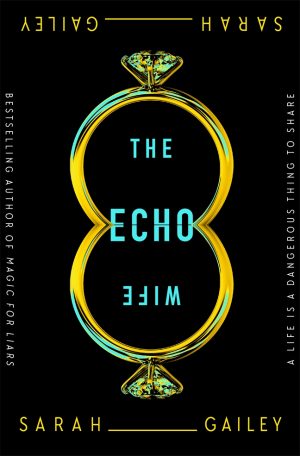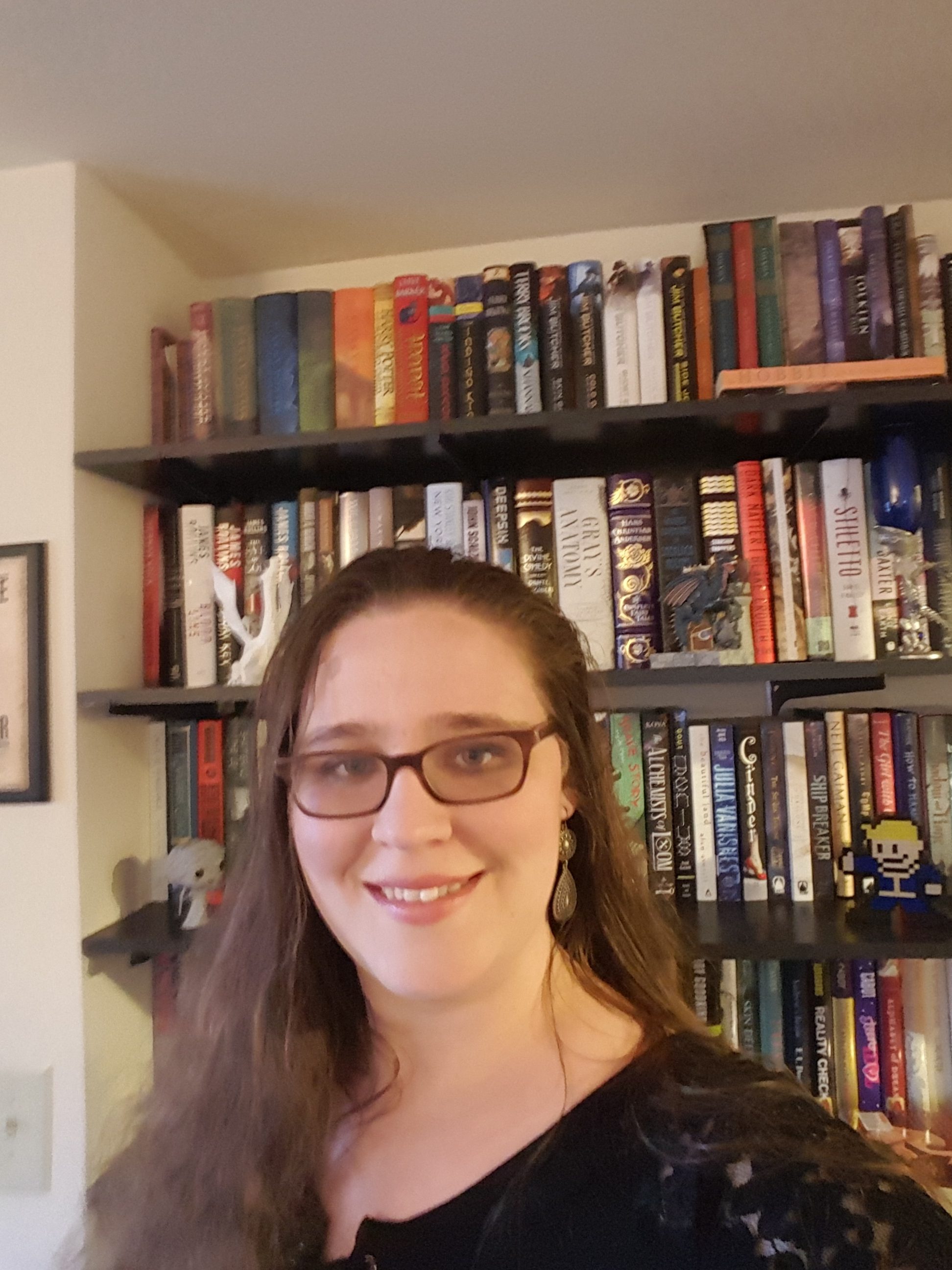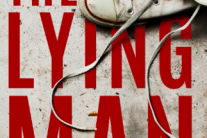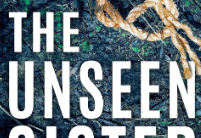 The Echo Wife
The Echo WifeBy: Sarah Gailey
Release Date: February 16, 2021
Publisher: Tor Books
Rating:
From hippo-laden Louisiana swamps to librarian spies in an Old West-style frontier, author Sarah Gailey is known for works containing fascinating scenarios and wildly interesting locations. Their latest novel, The Echo Wife, is no exception.
Evelyn Caldwell has just won an award for her work in cloning technology. That night, however, she gets a call from the last person she ever expected—her ex-husband’s fiancé and Evelyn’s clone Martine. Now, there’s a dead body in Martine’s kitchen, and a dozen laws centered on clones and cloning technology have been broken. Evelyn quickly realizes she needs to work with an unlikely ally to hide the murder of her ex-husband if she wants to ensure her cloning work isn’t shut down entirely after such a massive breach of protocol.
So opens The Echo Wife. The tale is touted as a science fiction thriller, and this is largely the way in which the story starts. The first scene opens at Evelyn’s awards dinner, a scene perfectly framed around the putting on and taking off of a too-tight, stifling dress that simply isn’t her. Tension is built very naturally. Every conversation leads somewhere Evelyn doesn’t want it to go. The absences of guests speak louder than those actually present.
And while this carries into the immediately following chapters, it doesn’t last throughout the entire novel. Intense tension and suspense gives way to a largely introspective text as Evelyn, our first-person narrator, spends more time recounting her past and how past relationships with family and her ex-husband have shaped her. This is the true purpose of the tale, as The Echo Wife, is largely a text that closely examines subjects such as autonomy and abuse.
Evelyn’s upbringing was filled with a mother who moved about her own home as silent as a mouse, and a father who only allowed questions for one hour every week. Through Evelyn’s musings, it becomes very apparent very quickly that her father was manipulative at the best of times and at worst, responsible for his daughter’s broken arm. Other people’s rules and expectations—especially men’s rules and expectations along with the strife they’ve left behind—have ruled her entire life. The story examines the struggle to break free of this, asking if it is possible at all, and even if it is, what actions these individuals who are finally free to wield their autonomy will choose. These questions are thoroughly explored, both through Evelyn’s introspections on her past and in the immediate happenings of the murder cover-up.
Yet, this doesn’t mean the novel is completely successful in what it sets out to do. While the thriller-esque sections and the scenes revolving around heavy introspection are both written with a deft hand, it also means that the pacing in the novel is extremely inconsistent. The thriller promised in blurbs and cover copy quickly gives way to something very slowly paced before ending in a manner more akin to gothic horror. Readers looking for a tight thriller will lose interest before hitting the halfway mark, and those who prefer a slower read more focused on characters won’t make it far enough into the tale to find what they’re looking for.
The greatest issue, however, is the science part of science fiction. The tale is set in a near-future very like our own, a future where human cloning technology is new, highly lauded, and used beyond Evelyn’s laboratories. However, we never see these clones used within society, relegated to trusting Evelyn’s word, which makes various concerns and concepts feel more theoretical than any actual threat.
The major issue is the cloning technology in general. Many important scenes occur within Evelyn’s laboratory, and enough science is discussed to be questioned rather than hand waving it away or ignoring the hard science of the matter by focusing on the murder instead. Those with even a passing knowledge of current cloning technologies will have questions that aren’t answered, as much of the cloning technology that is discussed feels more like the fare of fantasy than anything based in science. This combined with inconsistent pacing makes the premise more interesting than the execution, despite the author’s deft precision in the framing and execution of single scenes.






Post a comment